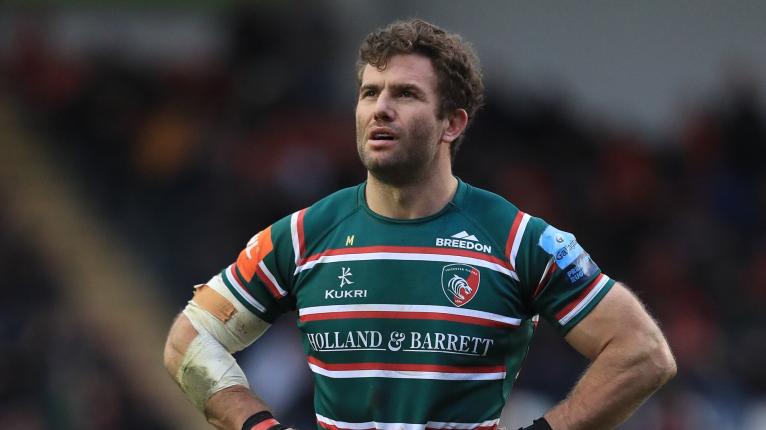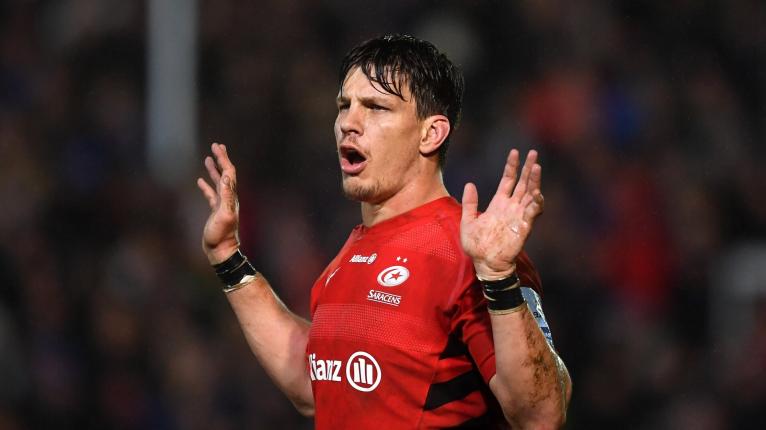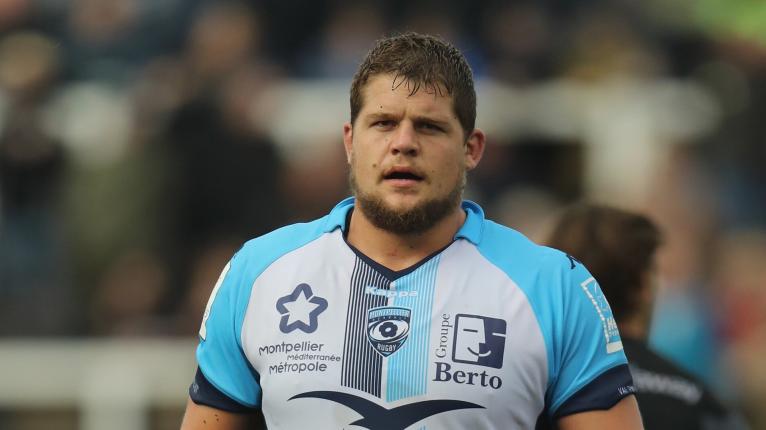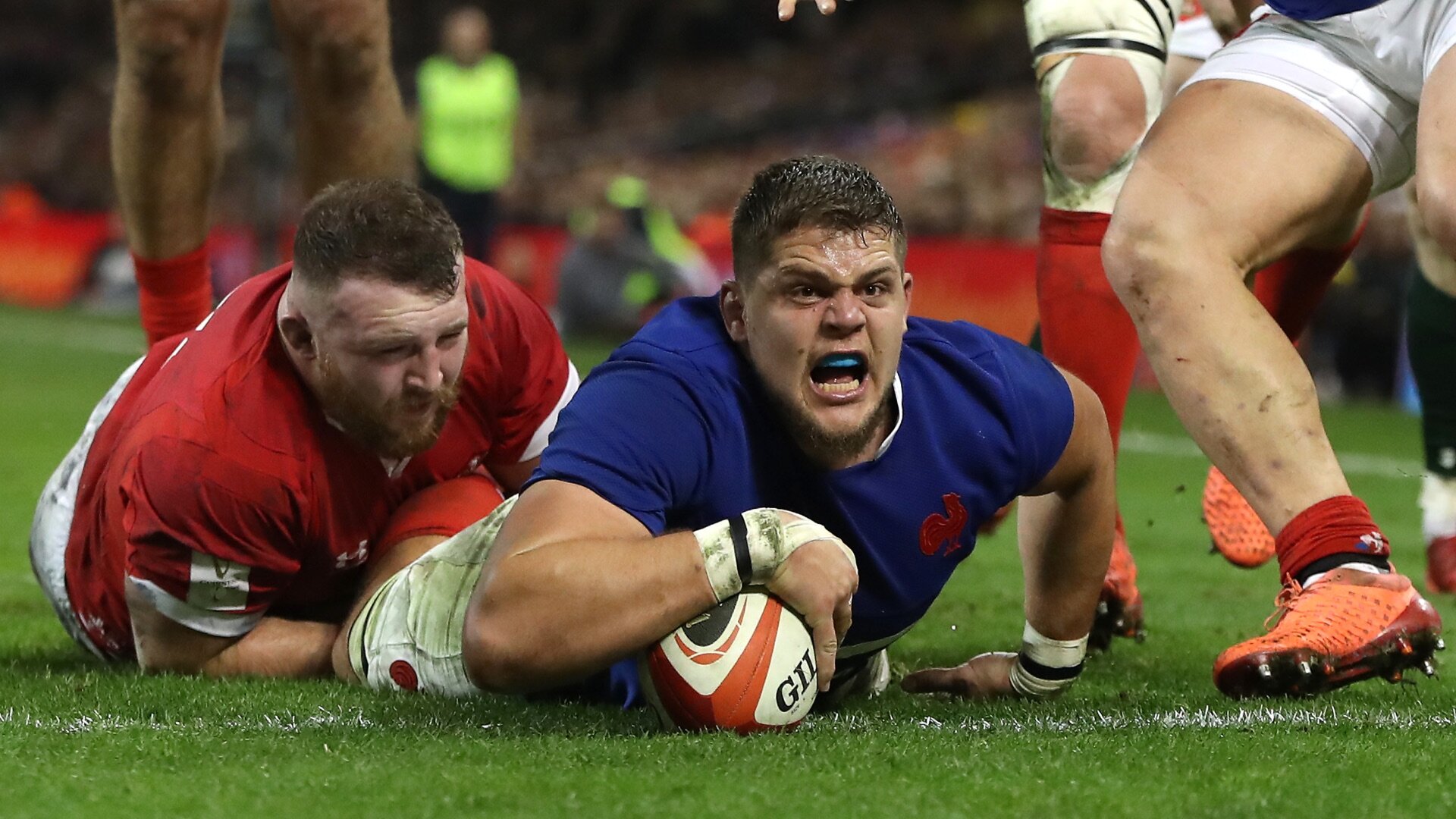The 'Escaped Lions XV' that populate clubs around the world

When the Lions returned to Super Rugby in 2014, they introduced a new group of ‘no-name brand’ players to the game in South Africa – write Jan de Koning for Rugby 365.
Not only did they reach three successive finals (2016, 2017 & 2018), but a whole host of previously unheralded players – mostly unwanted by other South African franchises – became Springboks while playing for the Ellis Park-based outfit.
Those ‘rejects’ include Andries Coetzee, Marnitz Boshoff, Franco Mostert, Ruan Dreyer, Jacques van Rooyen, Jaco Kriel, Julian Redelinghuys, Warren Whiteley, Ross Cronje and Ruan Combrinck.
The few home-grown products included Malcolm Marx and Elton Jantjies.
Add in other famous recruits from the pre- and post-2013 era – like Francois de Klerk, Willie Britz, Armand van der Merwe and Lionel Mapoe – then you truly get an idea of how the team rose from the ashes, like a proverbial Phoenix.
However, this article is NOT about these success stories.
We want to take you back to those Lions that escaped the Den – who were involved before and during their politically-motivated demotion at the end of 2012 and moved on.
We will select a team of those who featured for the Rooibontes before their axing from Super Rugby.
15 – Jaco Taute
He played in 60-odd games for the Lions between 2009 and 2012, before moving to the Stormers in 2013. The 29-year-old, capped three-times for the Springboks, moved abroad and played for Munster (40-odd games) and Leicester Tigers (where he has made a handful of appearances).
Back-up: Michael Killian, Louis Ludik

14 – James Kamana
The 34-year-old New Zealander represented the Lions in almost 30 games in 2011 and 2012, before he moved to Japan in 2013. He previously played for Waikato and Tasman in New Zealand’s NPC, while he was also part of Gordon Tietjens’ NZ sevens team in 2008, playing world circuit rounds in Dubai and George.
Back-up: Deon van Rensburg, Shandre Frolick
13 – Dylan des Fountain
An exceptionally creative midfield player, he featured for the Bulls, Stormers and even had a couple of games for Aironi in Italy before arriving in Johannesburg. Became a household name ate Ellis Park, before injury cut short his career.
Back-up: Jannie Boshoff, Justin St Jerry
12 – Gideon la Grange
Affectionately known as Doppies, he spent the majority of his career at the Johannesburg-based side. The solid centre was known for his great upper-body strength, developed during his days as a South African schoolboy wrestling champion. He made over 150 appearances between 2003 and 2012. He moved Benetton Treviso in 2013.
Back-up: Waylon Murray, Walter Venter.
11 – Dusty Noble
First made his mark at the Sharks, before a lack of game time saw him move to Johannesburg in 2008. The former Sevens flyer played 50-odd games in Currie Cup and Super Rugby, before he moved to Griquas and eventually played a game for the Cheetahs. Eventually return to Durban, where he played for the club side College Rovers.
Back-up: Henno Mentz, Johan Jackson.
10 – Andrew James
Affectionately known as Butch, the 2007 World Cup winner was a stalwart with the Sharks (2000 to 2007), before he moved to Bath in the English Premiership, where he played 68 games. Upon his return to South Africa in 2011, he joined the Lions for two seasons – returning to his home town Durban in 2013.
Back-up: Herkie Kruger, Ruan Boshoff, Burton Francis, Jody Rose & Earl Rose.
9 – Michael Bondesio
Played more than 50 games for the Leopards, before he moved to Johannesburg from Potchefstroom in 2011. He made almost 50 appearances in Super Rugby and the Currie Cup in two seasons, but never featured again after 2013. He was named in the 2014 squad, but was surpassed by Ross Cronjé and Francois de Klerk – who both became Springboks.
Back-up: Alex Kock & Chris Jonck.
8 – Josh Strauss
The energetic Scottish international, with his trademark bushy beard, joined the Lions after helping the University of Stellenbosch win the Varsity Cup. After just three games for Boland in 2008 and 2009, he moved to Johannesburg in 2011 and ended up captaining the side – before he moved to Glasgow Warriors when the Lions lost their Super Rugby spot.
Back-up: Jonathan Mokuena, Willem Alberts (although he has returned this year).
7 – Michael Rhodes

In 2011 he joined the Lions from the Sharks (where he played 40-odd matches) and featured in 22 outings for the Johannesburg-based franchise. In 2013 he moved to the Stormers, played almost 50 games, before he moved to Saracens in the English Premiership in 2015. He has accumulated almost 100 caps for the now relegated outfit – with won the European Cup and Premiership multiple times before their controversial axing this year.
Back-up: Robert Kruger, Justin Wheeler
6 – Wikus van Heerden
The 2007 World Cup winner, who played 14 Tests for his country, moved back to the Lions in 2010 – after stints with the Bulls (50-odd games between 2003 and 2008) and Saracens (21 games in 2009). His first stint with the Lions was 2001 to 2006. He retired at the end of the 2012 season.
Back-up: Cobus Grobbelaar, Grant Hattingh
5 – Paul Willemse
The product of Monument High School, Krugersdorp, has come a long way since his debut for the Lions in 2012. He moved to the Bulls in 2013 (40-odd games), then Grenoble and eventually Montpellier. The 27-year-old bruiser is now a mainstay in the French national team.
Back-up: Nico Luus and Etienne Oosthuizen.

4 – Ruan Botha
Another Gauteng product, Jeugland Hoërskool, that came through the youth systems and made his Lions debut in 2012. Like his second row ‘partner’, Willemse, he moved on in 2013 – first the Stormers (40 games for Stormers and Western Province), then Sharks (40-odd games), Japan and London Irish.
Back-up: Hendrick Roodt and Stefan Greef.
3 – Ross Geldenhuys
The ultimate journeyman. He played for the Border Bulldogs, Western Province and Pumas before he joined the Lions in 2008. Fifty-odd games later his wandering ways continued – Boland Cavaliers, Free State Cheetahs, Griffons, Eastern Province Kings, Stormers, Tasman, Highlanders, Southern Kings, Sharks, Bay of Plenty, Hurricanes and now – at the ripe old age of 36 – the Chiefs.
Back-up: Pat Cilliers and Jacobie Adriaanse (left in 2013 and returned in 2017)
2 – Bandise Maku
The one-cap Springbok played 80-odd games for the Bulls between 2006 and 2010, before he joined the Lions in 2011. He made 40-odd appearances before he joined the mass exodus in 2013 and played for the Southern Kings, before he rejoined the Bulls – making another 40-odd appearances.
Back-up: Edgar Marutlulle and Martin Bezuidenhout.
1 – Jacobus Janse van Rensburg
After his school days at Oakdale Agricultural College in Riversdale, he moved to Johannesburg in 2006 and made well over 100 appearances for the Lions in Super Rugby and the Currie Cup. In 2013 he signed with French team Bayonne, but not before he captained the Lions to victory in a two-match promotion-relegation series over the Kings. In July 2015 Janse van Rensburg returned to South Africa to link up with Cape Town-based Stormers prior to the 2016 Super Rugby season and to France after the 2018 Super Rugby season, joining Grenoble.
Back-up: Caylib Oosthuizen and Lawrence Sephaka.
























































































